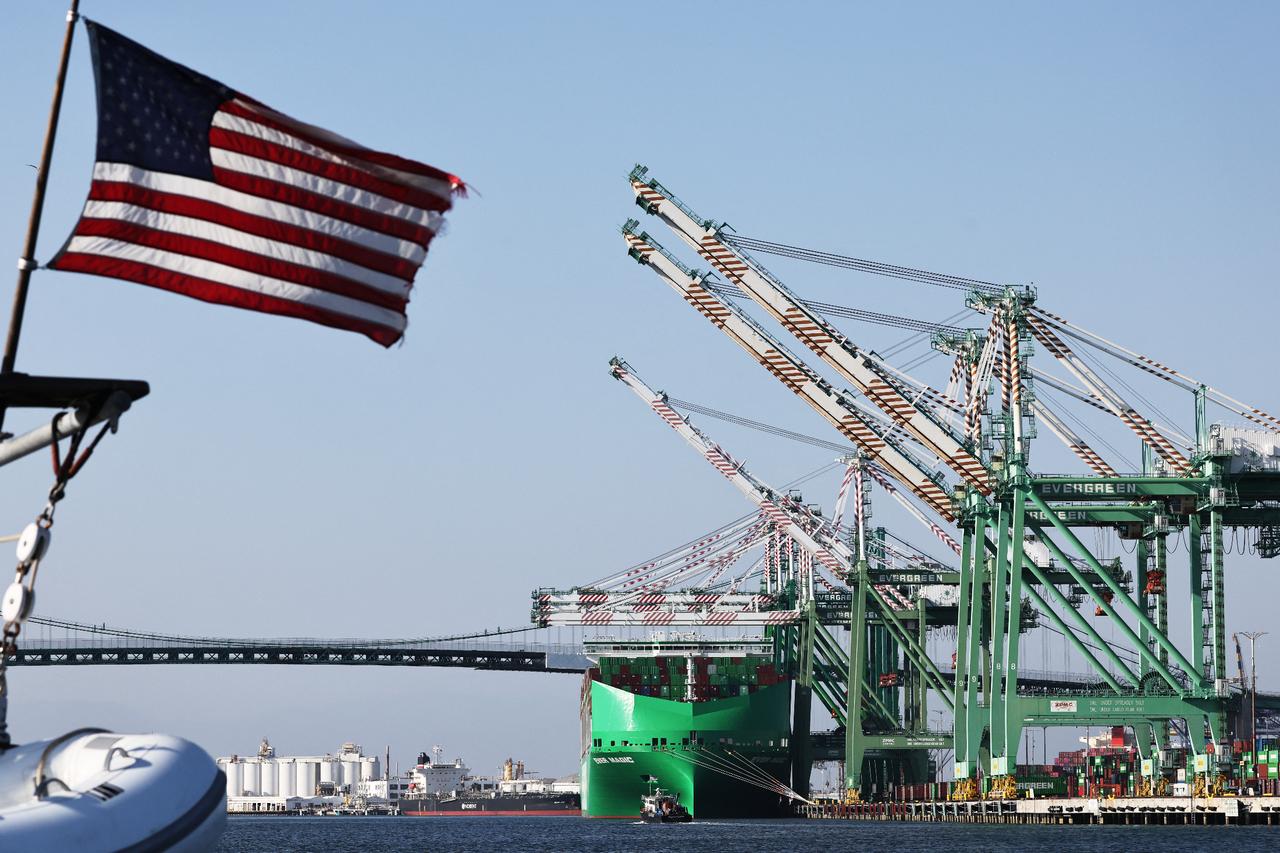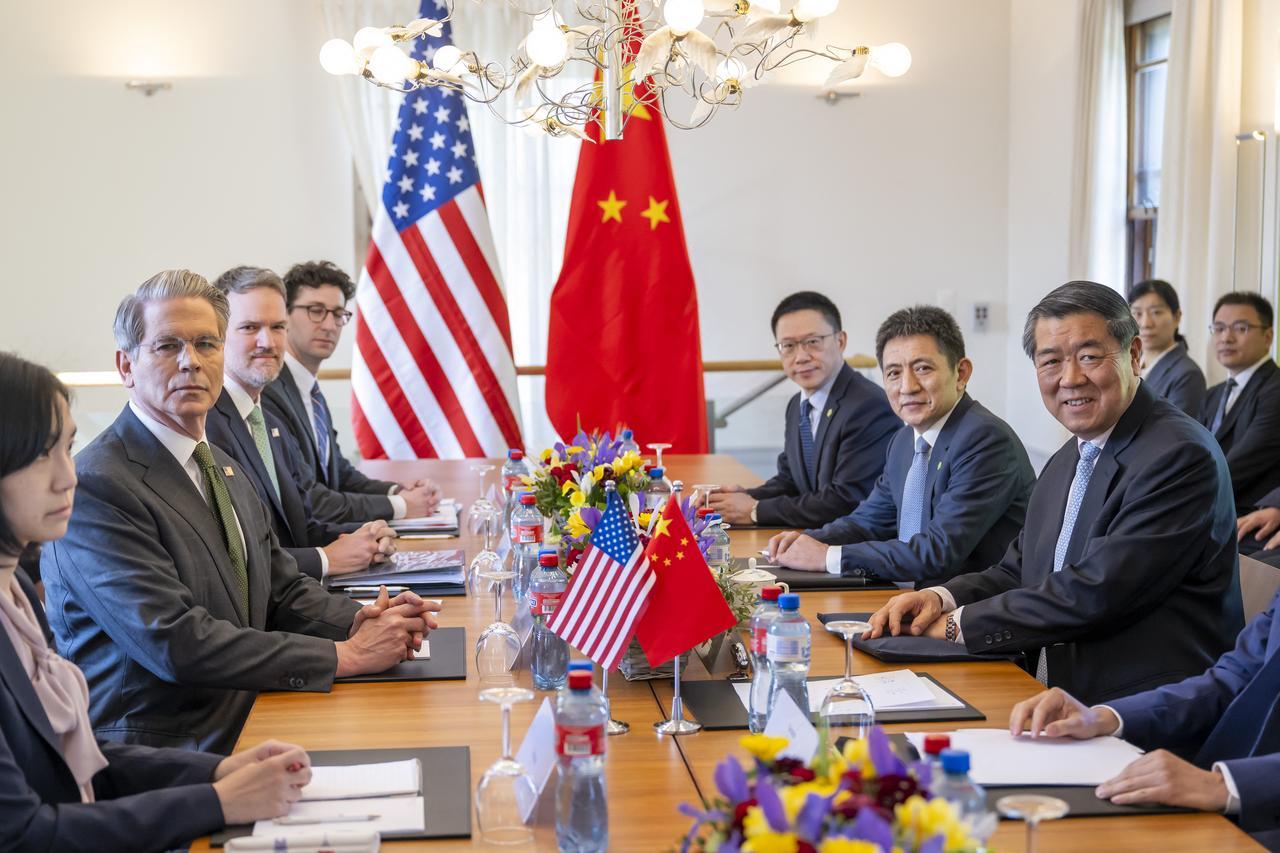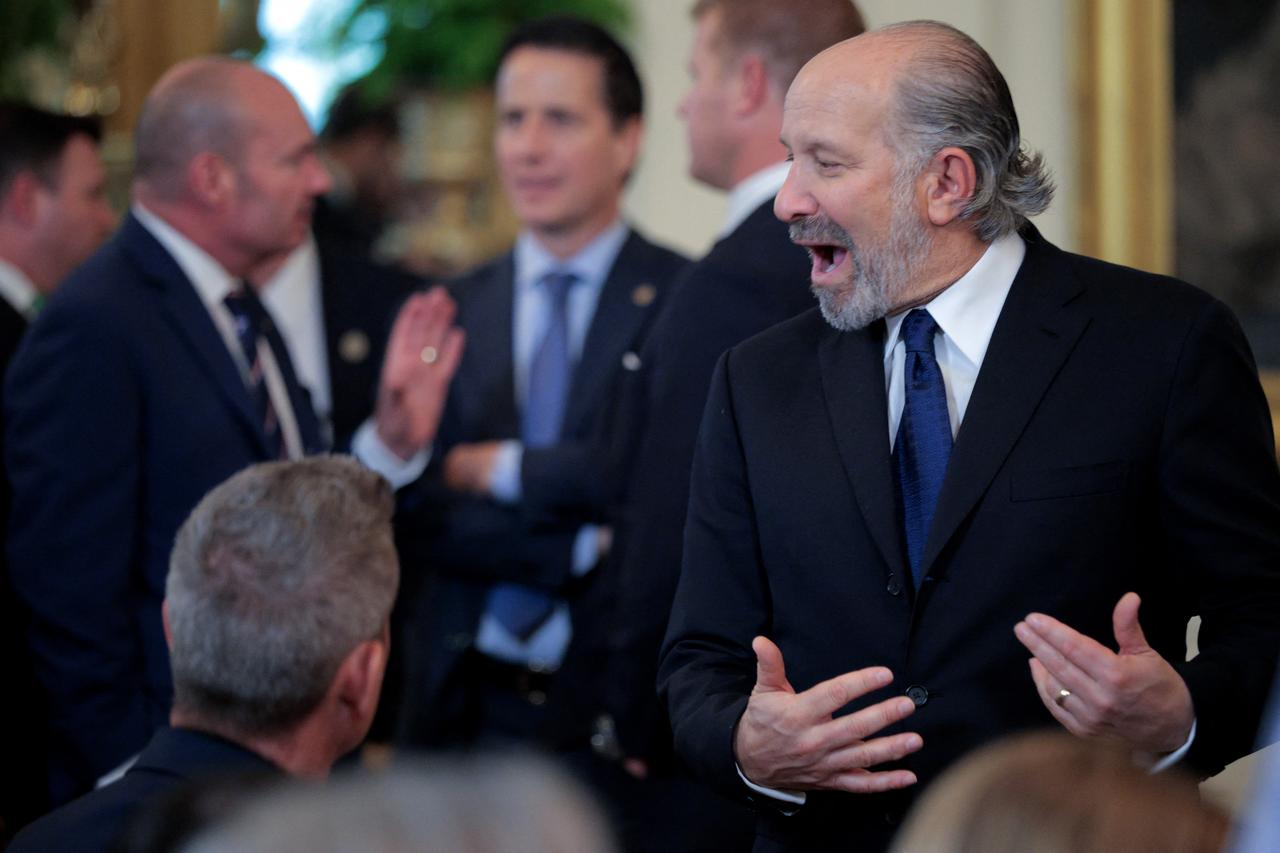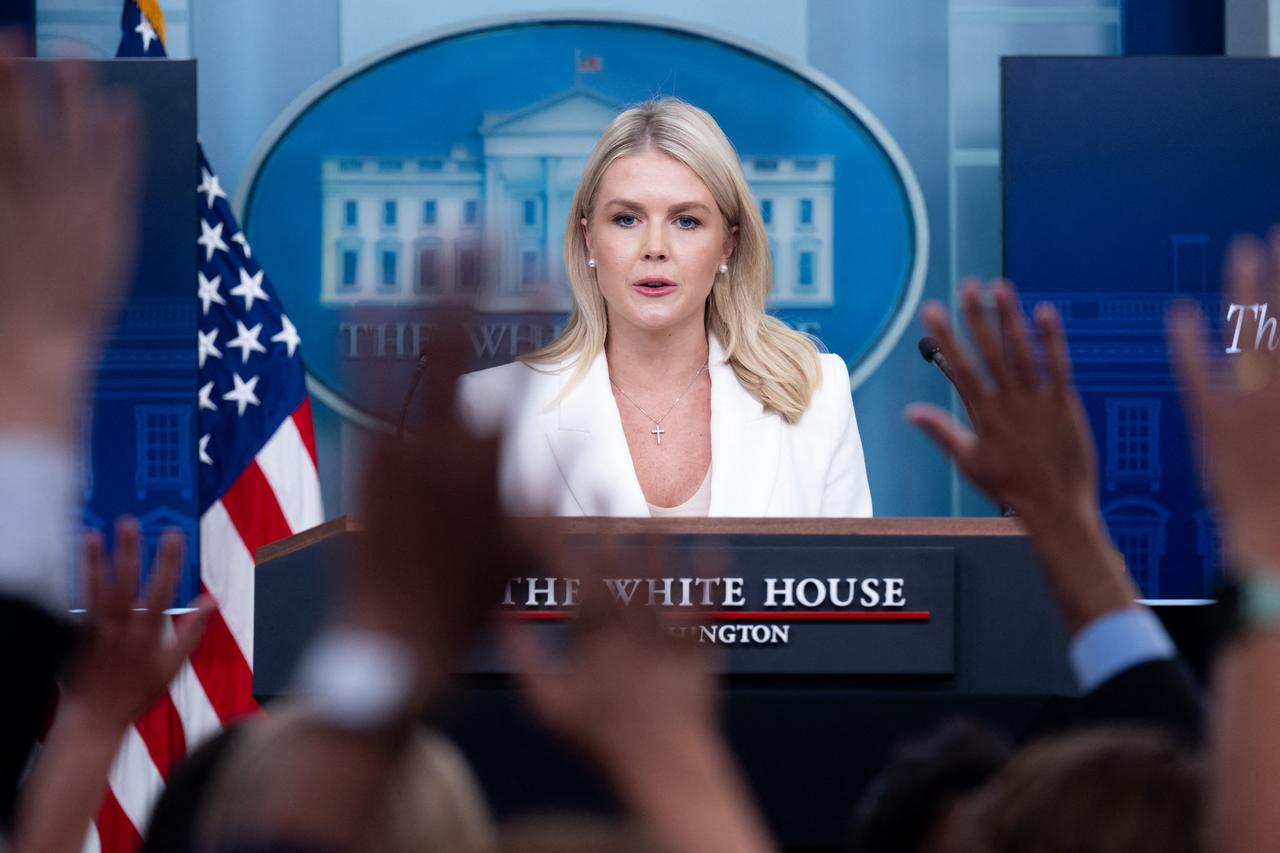
The White House confirmed Thursday that the United States and China have finalized a new framework agreement to facilitate rare earth exports to the U.S, while also signaling that the July 9 deadline for broader trade talks could be extended.
After President Donald Trump’s remarks confirming the deal, U.S. Commerce Secretary Howard Lutnick told Bloomberg TV that the new framework had been “signed and sealed,” confirming it had received top-level approval.
The agreement is expected to streamline rare earth exports from China to the United States, addressing a key concern for American manufacturers that rely heavily on these critical minerals. While China had earlier pledged to ease non-tariff restrictions, U.S. officials accused Beijing of delaying export licenses, prompting further negotiations.
The framework builds on a consensus initially reached during talks in Geneva and later solidified in London, according to a White House official who spoke to Agence France-Presse (AFP) on condition of anonymity.

Lutnick also stated that “those who have deals will have deals,” indicating that countries that have reached agreements with the U.S. will move forward under those terms. He added that others “will get a response from us,” suggesting that the administration is prepared to respond to remaining partners still in negotiation. While noting that “July 9 will go forward,” Lutnick emphasized that countries could still “come back and negotiate further” even after the new tariff rates take effect.
Lutnick also indicated that formal announcements regarding trade arrangements are expected within a week. “Those who have deals will have deals,” he said, signaling that the administration intends to proceed with or without additional concessions from its trading partners.

In parallel with theChina breakthrough, the White House suggested that the administration may extend a temporary pause on higher tariffs, which are currently set to expire on July 9. These tariffs, originally part of a sweeping 10% levy affecting many U.S. trading partners, were suspended during ongoing negotiations.
White House Press Secretary Karoline Leavitt said the July 9 deadline is “not critical,” emphasizing that President Trump retains full discretion to make deals on his own terms. “The president can simply provide these countries with a deal if they refuse to make us one by the deadline,” she said, adding that he could set a “reciprocal tariff rate” he believes favors U.S. interests.

Leavitt noted that Greer has engaged in “very good and productive discussions,” adding that he continues to lead negotiations with key trading partners.
Trump had previously threatened a 50% tariff on European Union goods, citing stalled negotiations, but agreed to extend that specific deadline following a conversation with European Commission President Ursula von der Leyen.